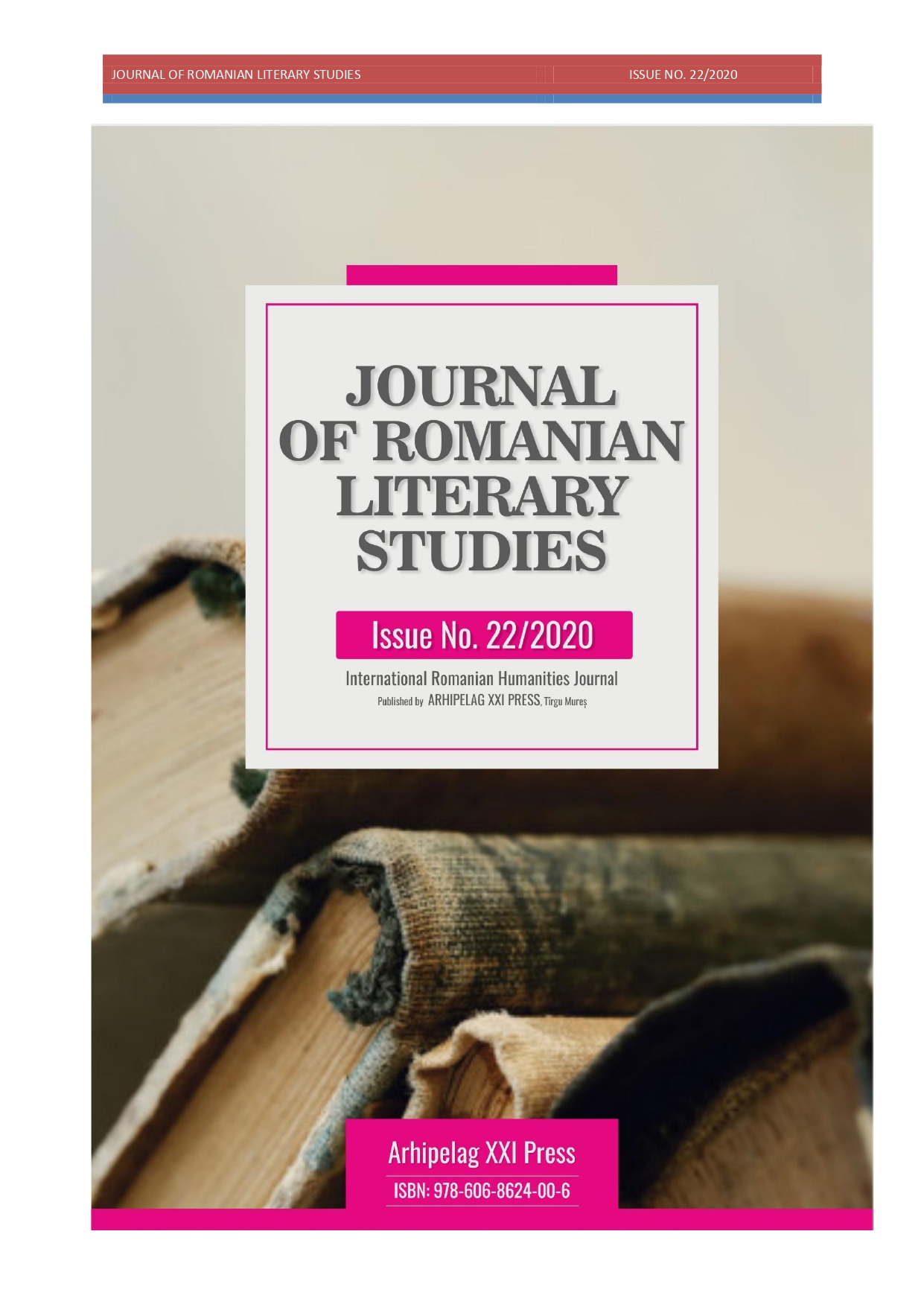THE DYSTOPIA OF THE UNREPRESENTABLE: ANGELA CARTER AND DIANE ARBUS, TRANSDISCIPLINARY TRANSITIONS
THE DYSTOPIA OF THE UNREPRESENTABLE: ANGELA CARTER AND DIANE ARBUS, TRANSDISCIPLINARY TRANSITIONS
Author(s): Ileana Botescu-SireţeanuSubject(s): Gender Studies, Literary Texts, Photography, Studies of Literature, Philology, Theory of Literature
Published by: Editura Arhipelag XXI
Keywords: dystopia; representation; difference; fiction; photography;
Summary/Abstract: The present paper situates its concerns at the crossroads of literary studies, cultural studies and visual culture in an effort to illustrate how contemporary feminine dystopia may sometimes permeate interdisciplinary boundaries and may find common representational tools in order to subvert the grounds of normative representation. Departing from Derrida’s rehabilitation of difference as différance, the present study investigates the way in which contemporary feminine artistic discourse has appropriated this reconfiguration. Congruent with Deleuze’s conceptual opposition of difference and representation, where representation figures as static and incomplete, Derrida’s différance opens infinite possibilities to both expressing and interpreting one’s difference in the world. In this respect, this study focuses on the fiction of Angela Carter and the photography of Diane Arbus, as pertaining not only to a similar temporal and cultural framework (the post-1960s Western culture), but also to a similar gesture of interrogating the norm, the category, the boundary, by creating the dystopia of the unrepresentationable and thus contesting the consecrated system of representation based on binary divisions. Dwelling on dystopia’s subversive attack of reality and its potential to create alternative worlds, this paper explores the intimate connections between fiction and visual representations and their potential to destabilize traditional master narratives such as normativity and normality.
Journal: Journal of Romanian Literary Studies
- Issue Year: 2020
- Issue No: 22
- Page Range: 252-262
- Page Count: 11
- Language: English

